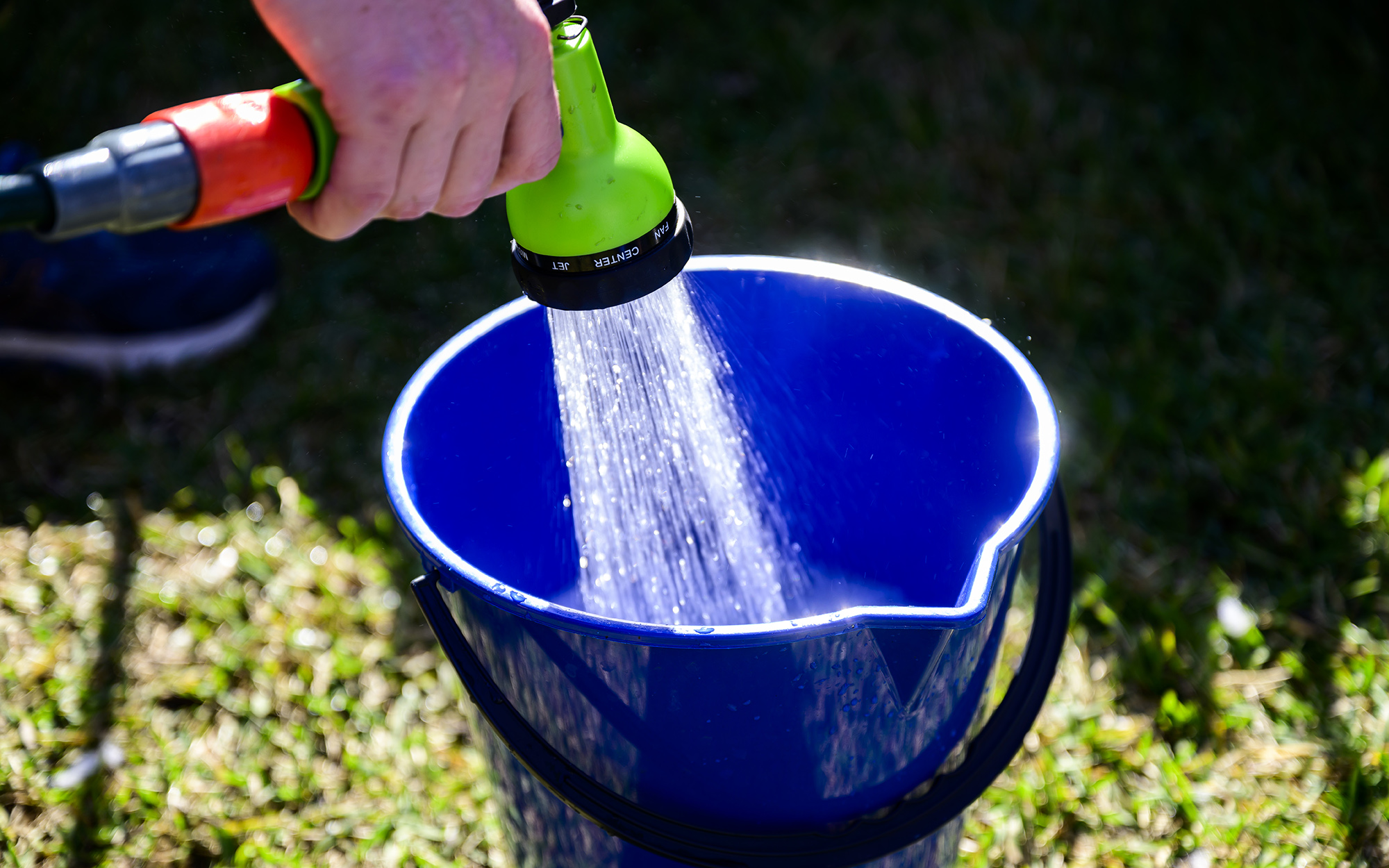
Save Water Save Life: Tech's Role in Ensuring a Thirst-Free Tomorrow
Share
In our rapidly evolving world, where technological advancements are reshaping every aspect of our lives, the mantra 'save water save life' has never been more relevant. As tech professionals and enthusiasts, we are uniquely positioned to leverage technology to tackle one of the most pressing challenges of our time: water conservation. This article delves into how cutting-edge technologies can be harnessed to ensure water sustainability, ultimately safeguarding life on Earth.

Understanding the Importance of Saving Water
Water is a finite resource, and with the global population expanding, the demand for water continues to rise. This demand puts immense pressure on our water resources, leading to shortages, environmental degradation, and geopolitical tensions. The phrase 'save water save life' encapsulates the urgent need to address these issues to secure a sustainable future.
The Current State of Water Utilization
In many parts of the world, water is being consumed at an unsustainable rate. Agriculture, industrial processes, and household consumption are the primary drivers of water usage. For tech professionals, understanding these patterns is crucial as it provides insights into where technological interventions can have the most impact. According to the EPA, implementing water-efficient practices across various sectors can significantly reduce water wastage.
Technological Innovations in Water Conservation
The role of technology in water conservation cannot be overstated. Innovations such as IoT devices, artificial intelligence, and data analytics are paving the way for smarter water management solutions. These technologies offer the ability to monitor water usage in real-time, predict potential shortages, and optimize water distribution systems.
Smart Water Management Systems
Smart water management systems are becoming increasingly popular in urban settings. These systems integrate sensors and IoT devices to provide real-time data on water consumption patterns. For instance, smart meters can alert homeowners to potential leaks or excessive usage, allowing for immediate corrective action. Furthermore, municipalities can use this data to improve water distribution efficiency and reduce losses.
For those interested in implementing water-efficient technologies, resources like the Zebra's guide on water conservation provide valuable insights and practical tips.
Case Studies: Tech Innovations Making a Difference
Several tech-driven projects worldwide are setting benchmarks for water conservation. In Singapore, the Public Utilities Board has implemented a smart water grid that utilizes sensors to detect leaks and optimize water flow. This initiative has significantly reduced water wastage and increased the city's water security.
Another example is the use of smart toilets, which are designed to use minimal water while maintaining efficiency. These toilets are equipped with sensors that adjust the amount of water used based on the need, thus conserving water without compromising functionality.
Integrating AI and Machine Learning
Artificial intelligence and machine learning are transforming the landscape of water management. These technologies can analyze vast amounts of data to predict future water demand and optimize resource allocation. By processing historical data, AI can recommend strategies to enhance water conservation efforts.
Additionally, AI-driven systems can assist in the management of water treatment facilities, ensuring that water quality is maintained while minimizing waste. This is particularly important in regions where water scarcity is a pressing concern.
The Role of Tech Professionals in Water Conservation
As tech professionals, we have a responsibility to incorporate sustainability into our innovations. By developing and promoting technologies that support water conservation, we can play a pivotal role in addressing the water crisis. Collaboration between tech companies, governments, and environmental organizations is essential to drive meaningful change.
Opportunities for Tech Enthusiasts
For tech enthusiasts looking to contribute to water conservation efforts, there are numerous opportunities to get involved. Participating in hackathons focused on sustainability, collaborating with environmental NGOs, and advocating for water-efficient technologies in your workplace are just a few ways to make a difference.
Moreover, staying informed about the latest advancements in water-related technologies can inspire innovative solutions. Exploring resources like IoT Technologies' blog provides insights into the role of technology in water conservation.
Conclusion: A Call to Action
The call to 'save water save life' is a collective responsibility that requires immediate action. As technology continues to advance, so too must our commitment to using it for the betterment of our planet. By embracing the challenge and leveraging our skills and resources, we can ensure a sustainable future for generations to come.

FAQs
Why is water conservation important?
Water conservation is crucial because it ensures the availability of fresh water for future generations, reduces pollution, and helps combat climate change.
How can technology help in saving water?
Technology aids in water conservation by providing tools for monitoring and managing water usage, detecting leaks, and optimizing water distribution systems.
What role can tech professionals play in water conservation?
Tech professionals can develop innovative solutions, promote sustainable practices, and collaborate with organizations to drive water conservation efforts.
